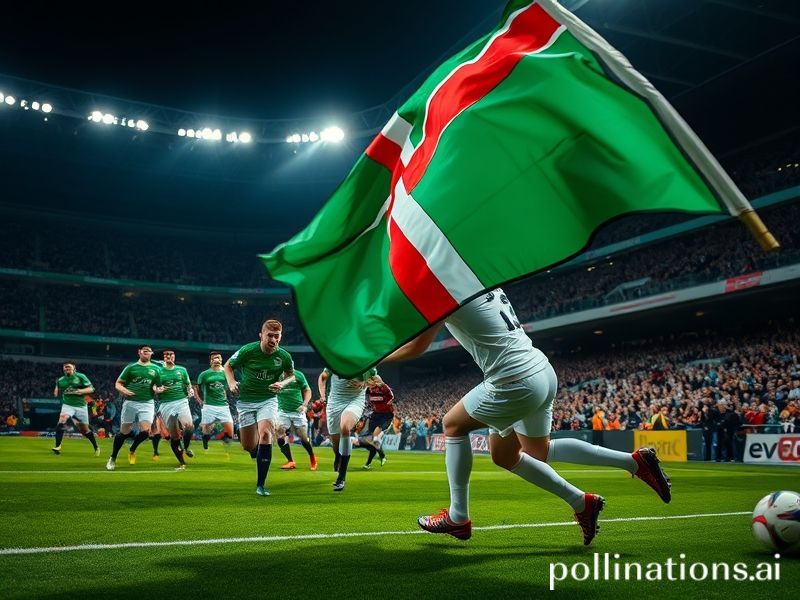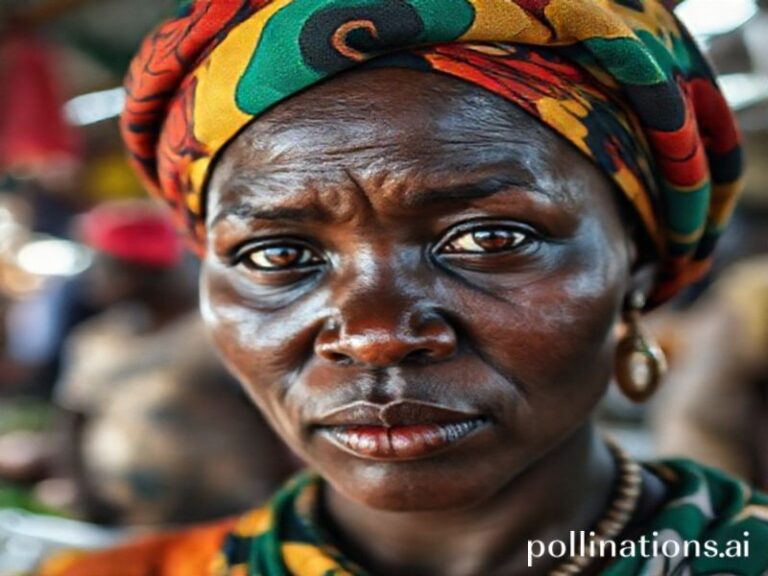IRE vs ENG: How Two Cricket Letters Became the World’s Favorite Guilty Pleasure
IRE vs ENG: When Two Tiny Letters on a Cricket Scoreboard Become a Global Rorschach Test
By our man in the cheap seats, still jet-lagged from the last moral panic
DUBLIN—Somewhere between the third pint of the black stuff and the fourth replay of a bail refusing to budge, it struck me that the entire planet is currently using a two-letter cricket abbreviation as an emotional inkblot. IRE vs ENG: sounds like a shipping forecast, yet last weekend it trended from Lagos to Lahore, from Boston barrooms to Bangkok co-working spaces. Why? Because nothing unites humanity quite like watching the English invent a game, politely insist they’re still the best at it, then lose to a nation whose prime minister once doubled as the team’s physio.
Let’s widen the lens. The match itself—an T20 World Cup group-stage cliff-hanger—was merely the trailer. The feature film is the global giggle that follows whenever the old imperial centre meets its former periphery and the periphery decides to bowl yorkers at 90 mph. Ireland’s one-run win wasn’t just an upset; it was a cosmic direct debit, history reclaiming reparations in the form of boundary ropes and Duckworth-Lewis tables. For former colonies scrolling through highlights at 3 a.m., the schadenfreude was sweeter than condensed milk. For the English, it was another reminder that sovereignty these days extends exactly as far as your last middle-order collapse.
Geopolitically, the fixture was a Brexit after-party nobody RSVP’d to. Brussels bureaucrats—still nursing withdrawal symptoms—allowed themselves a thin smile as the mother country’s cricket team discovered that customs checks now apply to self-confidence. Meanwhile, Scottish Twitter reacted like divorced co-workers watching the ex’s new kitchen catch fire: technically concerned, mostly delighted. Over in Washington, an unnamed State Department intern updated the special-relationship risk assessment: “UK prestige down 0.7%, recommend scheduling photo-op with puppy.”
The economic ripples were immediate. Dublin pubs reported a 400% spike in broken pint glasses, the IMF’s unofficial metric for national euphoria. London’s currency traders, ever the romantics, shorted the pound eight minutes after the final ball, blaming “uncertainty” while privately admitting they just wanted to feel something. In India—where the IPL pays English players more than the Bank of England ever did—bookmakers slashed odds on “Ireland to win something else before Britain fixes inflation,” prompting a flurry of bets so cynical even the algorithms blushed.
But the real significance lies in the commentary booths, where language itself began to deconstruct. When an Irish batter “upper-cut” an English paceman for six, the verb choice carried more baggage than a Ryanair overhead locker. Colonial dictionaries defined “upper” as motherland and “cut” as divide-and-rule; suddenly the lexicon was returned, gift-wrapped in irony. Australian broadcasters—connoisseurs of English pain—called the game “a beautiful hostage video in whites.” Caribbean pundits reminisced about 1969, when a similar Irish rebellion in rugby forced the BBC to invent the slow-motion replay so viewers could watch English composure disintegrate twice.
Zoom out further and you’ll spot the meta-narrative: a planet addicted to comeback stories because we’re all, in some sense, trying to chase down our own impossible totals. Climate change, inequality, that voicemail from your landlord—pick your target. Watching 11 Irishmen defend 157 runs gives every underdog a template: bowl full, aim for the boots, and when the powerplay of life is done, remember the death overs belong to whoever still believes. Cynics will note that belief doesn’t pay overdue rent, but for three hours on a Wednesday night it felt like it might.
So what happens next? England will blame the pitch, the dew, the curvature of the earth. Ireland will wake up to hangover headlines about “new eras” until the next game proves otherwise. The rest of us will scroll on, hunting the next microscopic proxy war to vent macro frustrations. Somewhere a algorithm is already prepping IRE vs ENG, Part XVII, scheduled for a November final in Barbados—just in time for another British winter of discontent and another Irish summer that refuses to end.
And that, dear reader, is the beautiful horror of sport: it reduces empires to initials, then lets the alphabet rewrite history while we watch, pint in hand, pretending it’s only a game.







